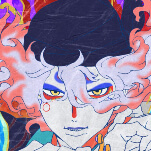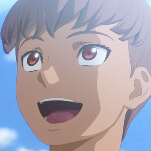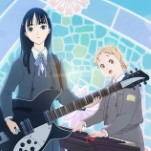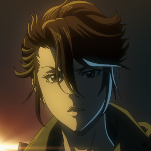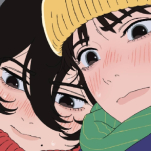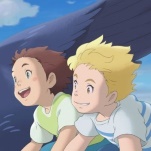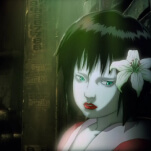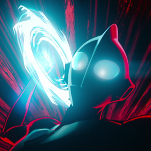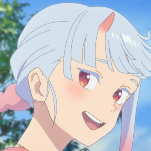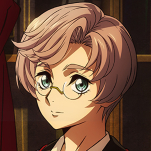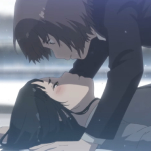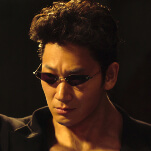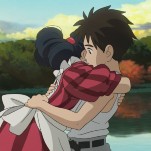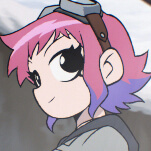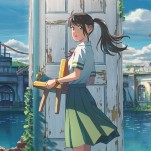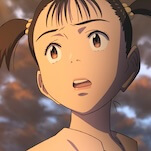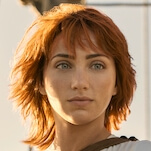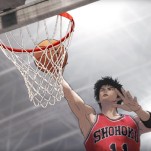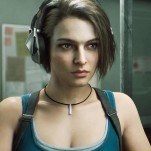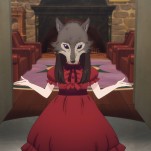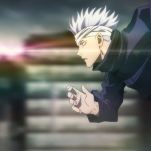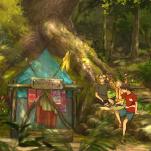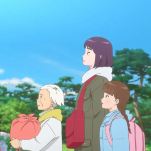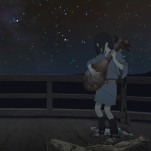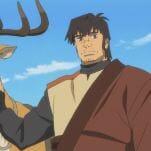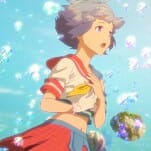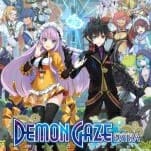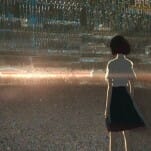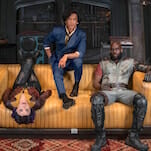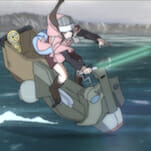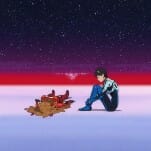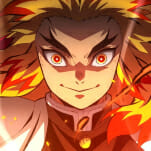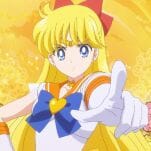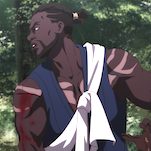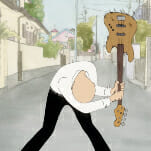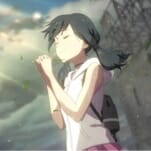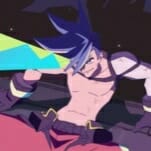Pokémon Concierge Is Back With Another Extremely Cuddly Vacation
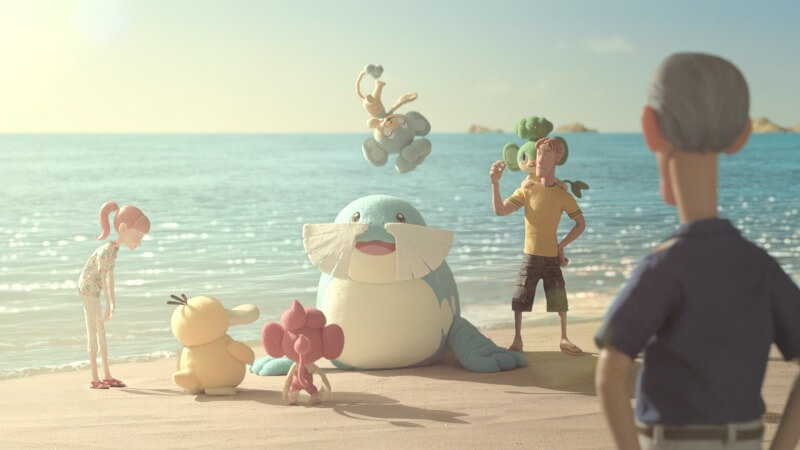
When Pokémon Concierge debuted in 2023, it was a delightful surprise, a stop-motion take on the biggest series around that delivered a well-presented vacation getaway alongside a surprisingly poignant portrayal of floundering young adulthood. The biggest issue with this first season? There wasn’t enough of it. Thankfully, that problem is at least partially addressed today with four more episodes coming to Netflix, delivering more job-based antics alongside the cutest felt Psyduck you’ve ever seen.
The story picks up as Haru (Non) continues warming up to her new gig as a concierge at the Pokémon Resort, a vacation destination for trainers and especially their Mons. Here, she helps welcome both human and Pokémon guests with their various needs, as she continues to find her place after quitting a stressful office job. The second season picks up months later, with Haru still unsure of herself as she’s tasked with holding down the fort alone, onboarding a new employee, and dealing with her ex.
If the Pokémon games reflect a child’s fantasy of being the main character of an exciting adventure full of fantastical creatures, then Concierge reflects the adult fantasy of working a job that doesn’t totally suck. In this way, the show continues to feel at least partially targeted at grown-ups, less in the “this is MATURE so it’s VIOLENT now” kind of way (like that infamous scene in the Pokémon manga where Arbok gets cut in half), and more by being a grounded take on this world that explores what it looks like outside of training and battles.
More specifically, it gently taps into workplace anxieties, as Haru works to disentangle herself from the unhealthy relationship she had with her old job, while becoming confident in her new one. Specifically, several of these episodes show just how far she’s come despite her frequent lack of self-confidence, demonstrating her growth in a very charming and affirming way. These episodes also introduce an interesting new character, Uncle Dan (Kazuhiro Yamaji), who has a loving but complicated relationship with his long-time buddy Sealeo. This storyline embodies the show’s more grounded concerns, as this aging gentleman reflects on the difficulties of no longer being able to keep up with his Pokémon.
He worries that his companion is forced to spend far too much time in his Poké Ball due to his cramped apartment and is particularly afraid of what could happen if he evolves again, becoming an even larger Walrein. Again, Harumi Doki’s script demonstrates a focus on these kinds of quotidian details that you would be unlikely to dwell on while grinding levels to beat the next Gym boss—this new perspective provides a fresh perspective on this almost 30-year-old series, and that’s no small feat.
-

-

-

-

-

-

-

-

-

-

-

-

-

-

-

-

-

-

-

-

-

-

-

-

-

-

-

-

-

-

-

-

-

-

-

-

-

-

-

-


